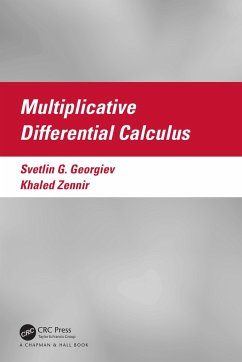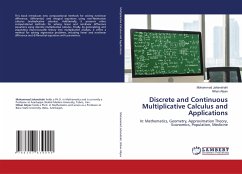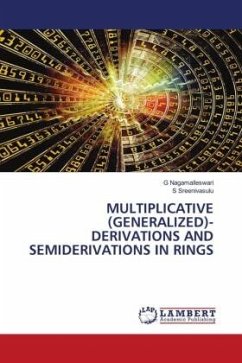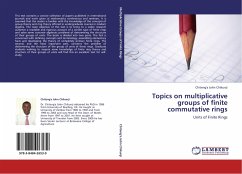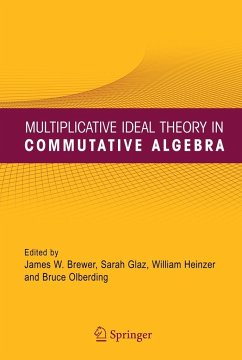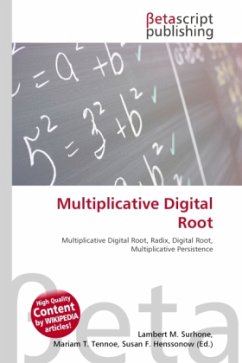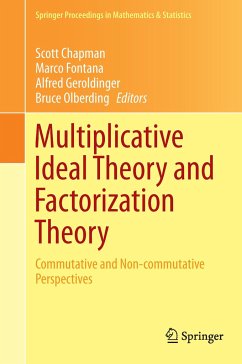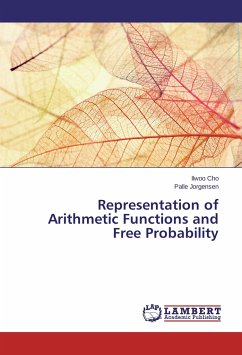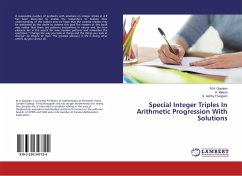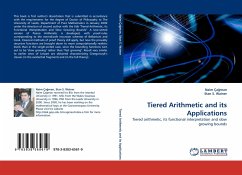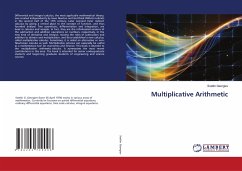
Multiplicative Arithmetic
Versandkostenfrei!
Versandfertig in 6-10 Tagen
56,99 €
inkl. MwSt.

PAYBACK Punkte
28 °P sammeln!
Differential and integral calculus, the most applicable mathematical theory, was created independently by Isaac Newton and Gottfried Wilhelm Leibnitz in the second half of the 17th century. Later Leonard Euler redirect calculus by giving a central place to the concept of function, and thus founded analysis. Two operations, differentiation and integration, are basic in calculus and analysis. In fact, they are the infinitesimal versions of the subtraction and addition operations on numbers, respectively. In the new kind of derivative and integral, moving the roles of subtraction and addition to ...
Differential and integral calculus, the most applicable mathematical theory, was created independently by Isaac Newton and Gottfried Wilhelm Leibnitz in the second half of the 17th century. Later Leonard Euler redirect calculus by giving a central place to the concept of function, and thus founded analysis. Two operations, differentiation and integration, are basic in calculus and analysis. In fact, they are the infinitesimal versions of the subtraction and addition operations on numbers, respectively. In the new kind of derivative and integral, moving the roles of subtraction and addition to division and multiplication, and thus established a new calculus, called multiplicative calculus. Sometimes, it is called an alternative or non-Newtonian calculus as well. Multiplicative calculus can especially be useful as a mathematical tool for economics and finance. This book is devoted to the multiplicative arithmetic calculus. It summarizes the most recent contributions in this area. The book is intended for senior undergraduate students and beginning graduate students of engineering and science courses.



